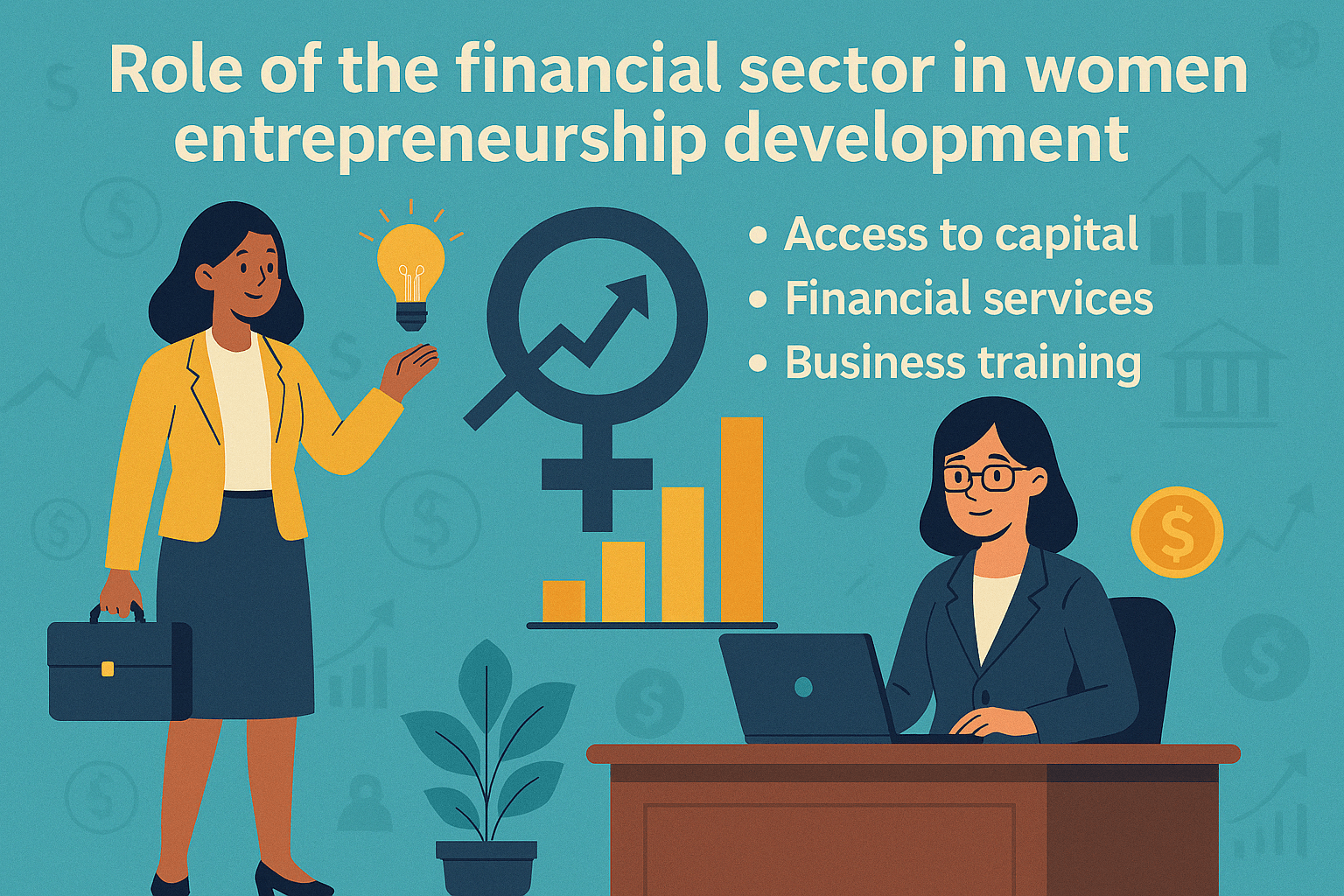
The financial sector plays a vital role in fostering entrepreneurship by providing credit to firms and companies. Despite various policy measures aimed at promoting women's entrepreneurship, access to credit remains a significant constraint. Women hold less than 20% of the credit accounts in banks and financial institutions, with the majority of these accounts belonging to women residing in urban areas. Although bank branches have expanded across the country due to the considerable efforts of Nepal Rastra Bank and BFIs, access to finance is still limited by various social and cultural factors.
Empowering women is intrinsically linked to improving their economic standing. Economically empowered women are more likely to become decision-makers within their families and communities. BFIs can provide loans up to Rs 1.5 million to individuals or groups for entrepreneurial ventures without requiring collateral. The loan amount can be higher if the project is deemed viable and bankable. However, a lack of financial literacy, experience in running businesses, expertise, as well as limited marketing, branding skills, and market opportunities often hinder women from embracing entrepreneurship. Conversely, BFIs adhere to due diligence processes to prevent the misuse of credit, which are often perceived as barriers. Nevertheless, the number of female borrowers benefiting from subsidised credit and agricultural loans has increased substantially in recent years.

To effectively promote women entrepreneurs, stakeholders beyond the government and financial sector must also play a role. The government and private sector should enhance the capabilities of potential women entrepreneurs across all three tiers of government: federal, provincial, and local. The enforcement of the Debt Recovery Act and the Banking and Punishment Act has facilitated loan recovery and largely prevented the misuse of credit. In this context, there is a need for effective gender-responsive financing models, in addition to existing deprived sector and subsidised women entrepreneurship credit.
Service providers, including BFIs, also have a responsibility to motivate and promote women entrepreneurs through financial literacy programmes, informing them about banking products, and simplifying credit approval procedures while offering the most competitive interest rates possible. Furthermore, the government should consider establishing subsidised credit desks within the Industrial Enterprise Development Institute (IEDI), which is already involved in implementing startup credit, or other relevant agencies.



-1765706286.jpg)
-1765699753.jpg)

